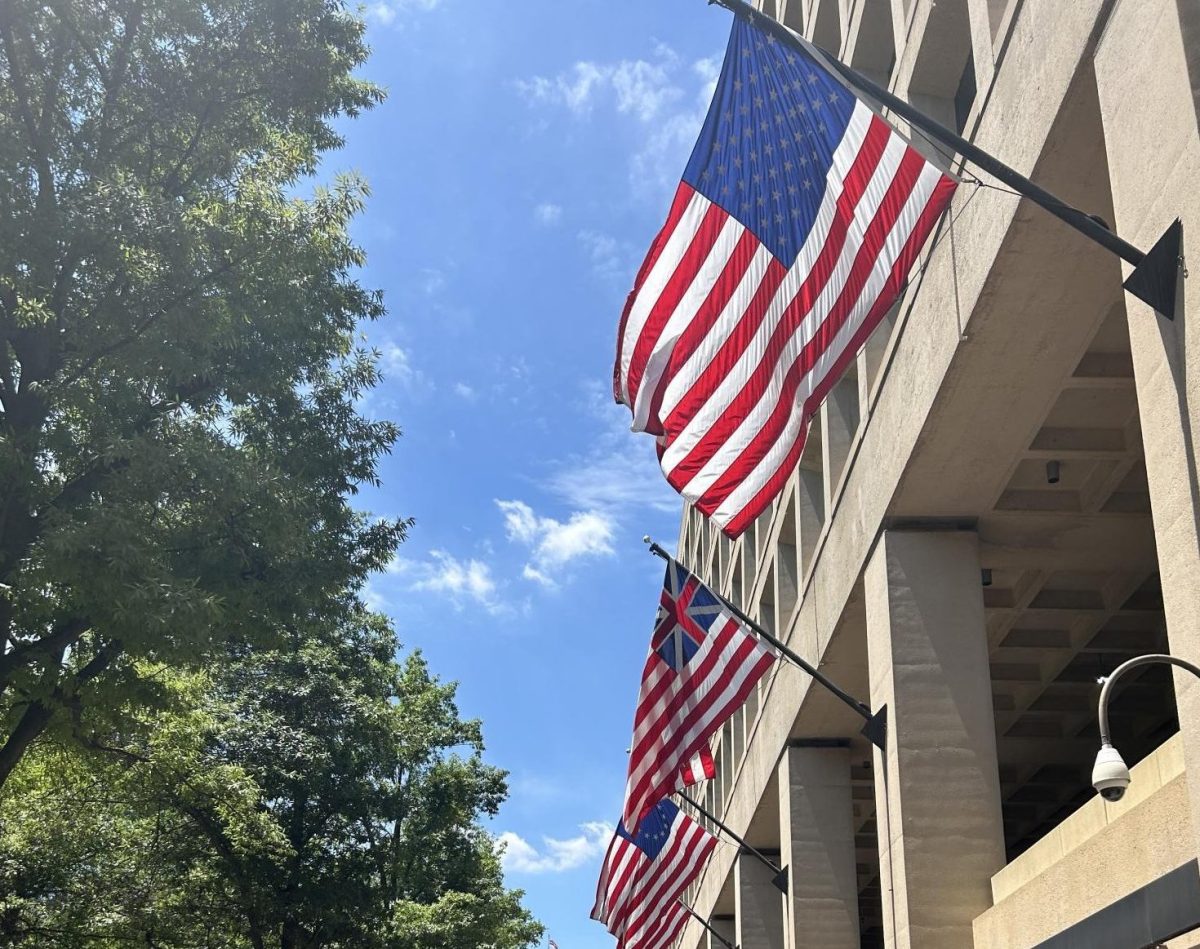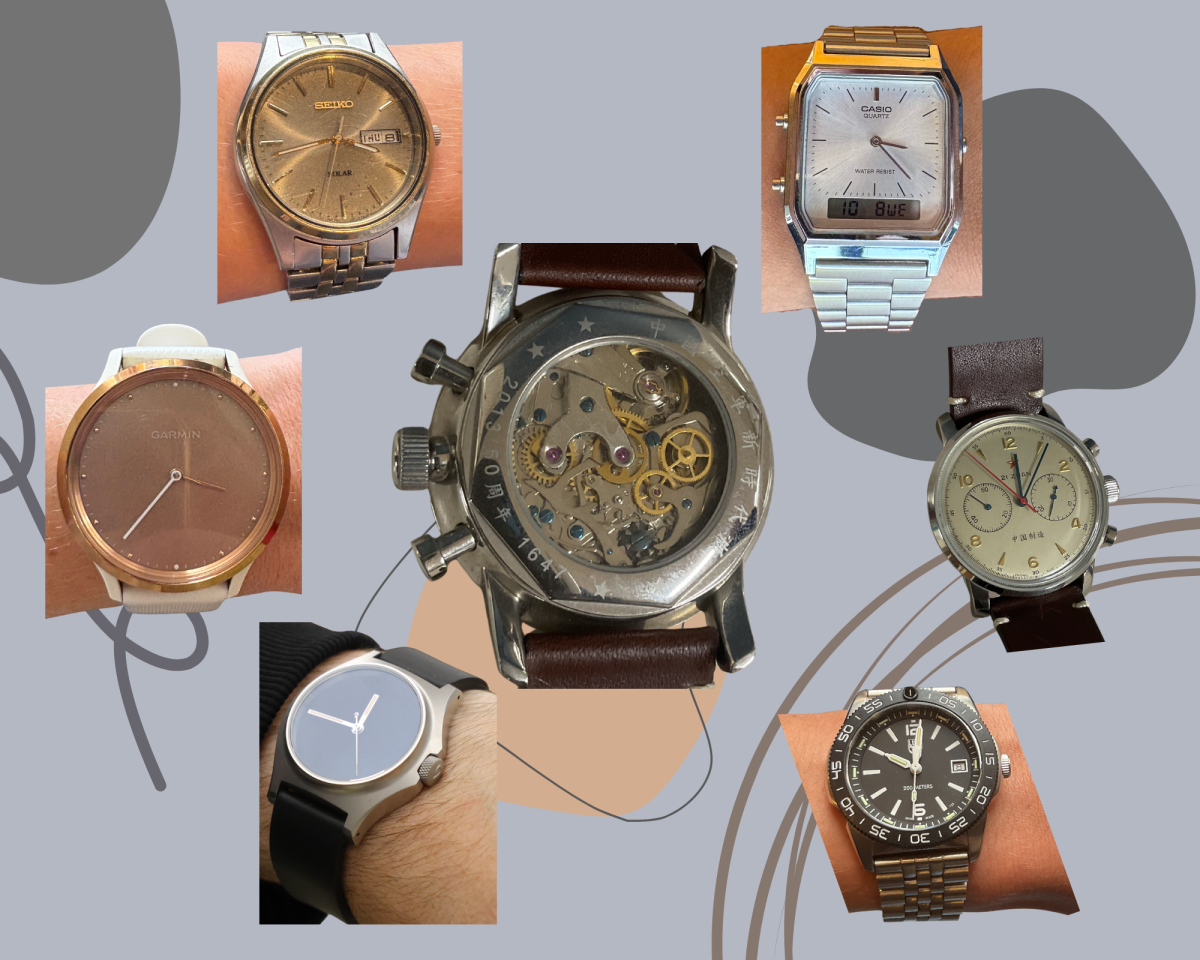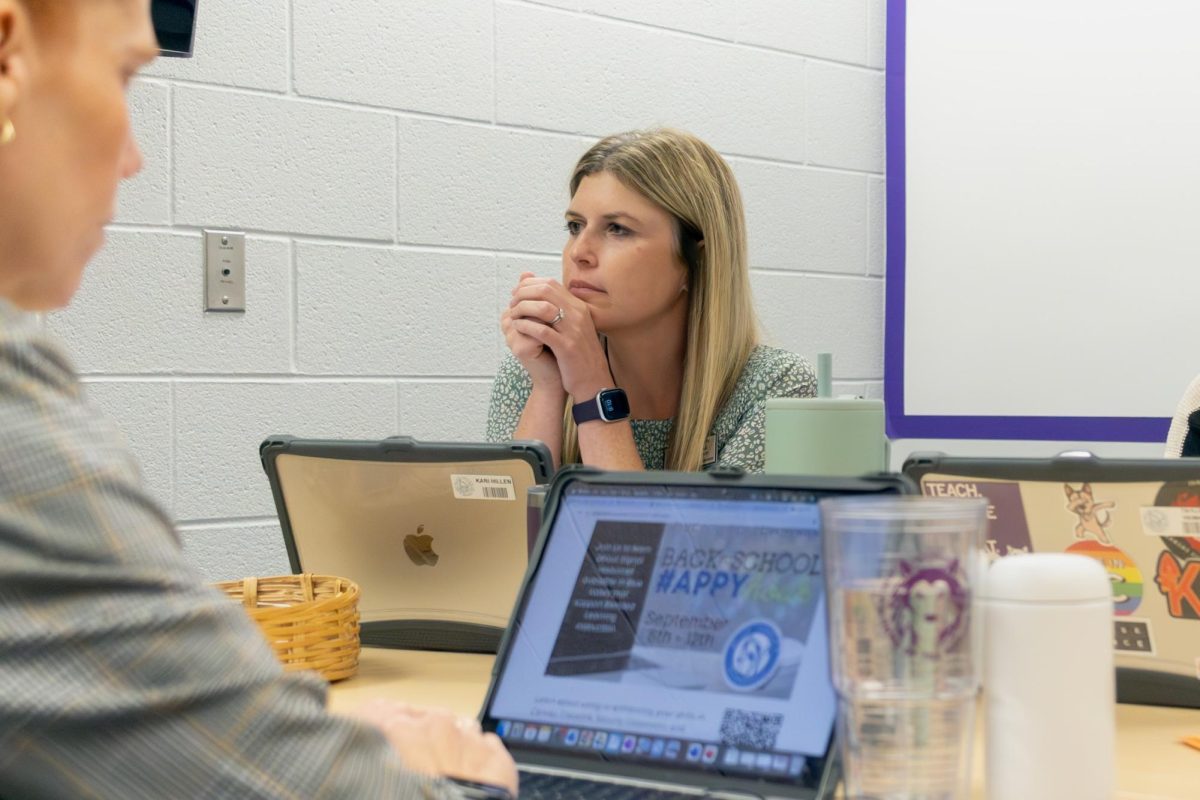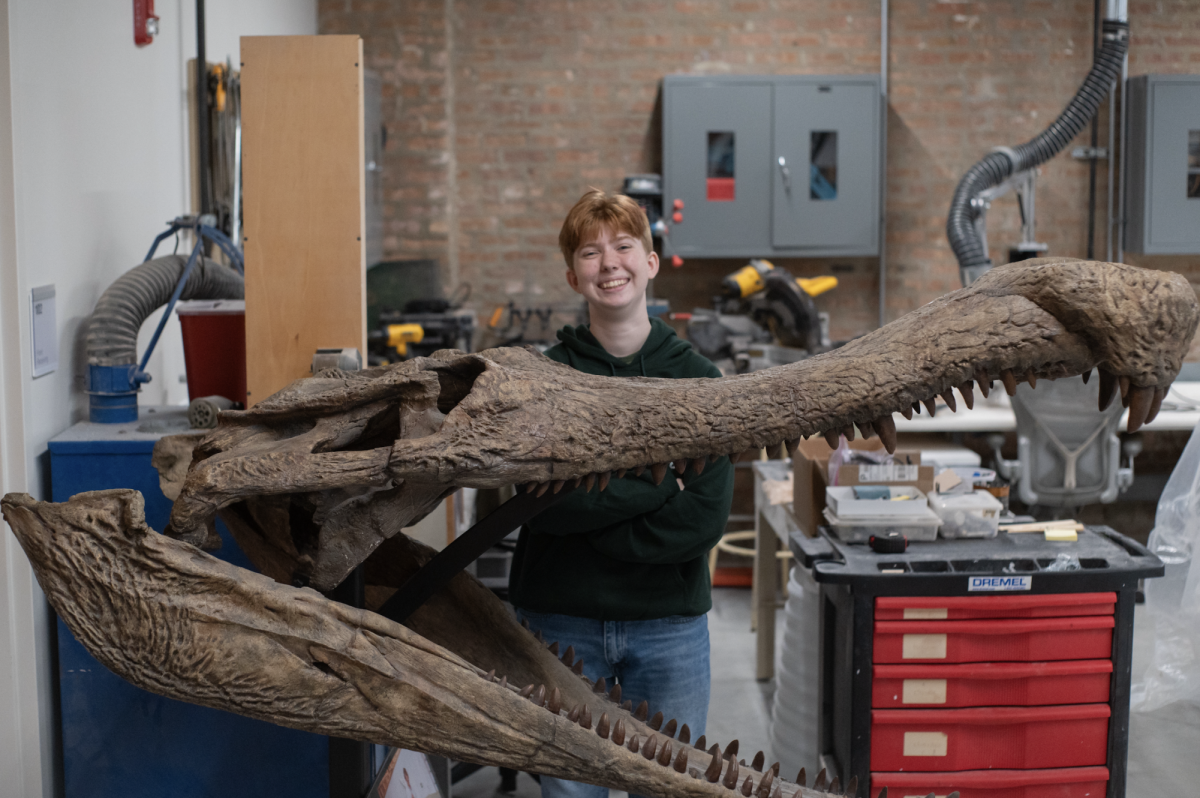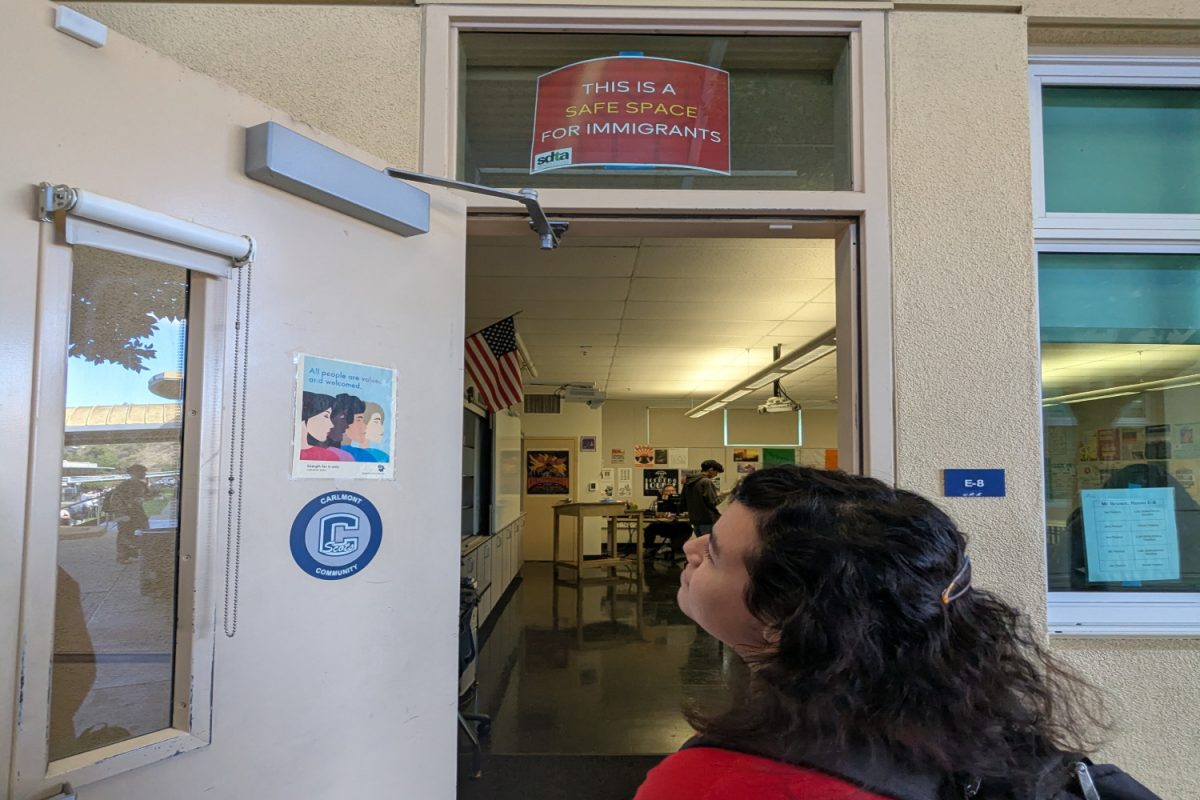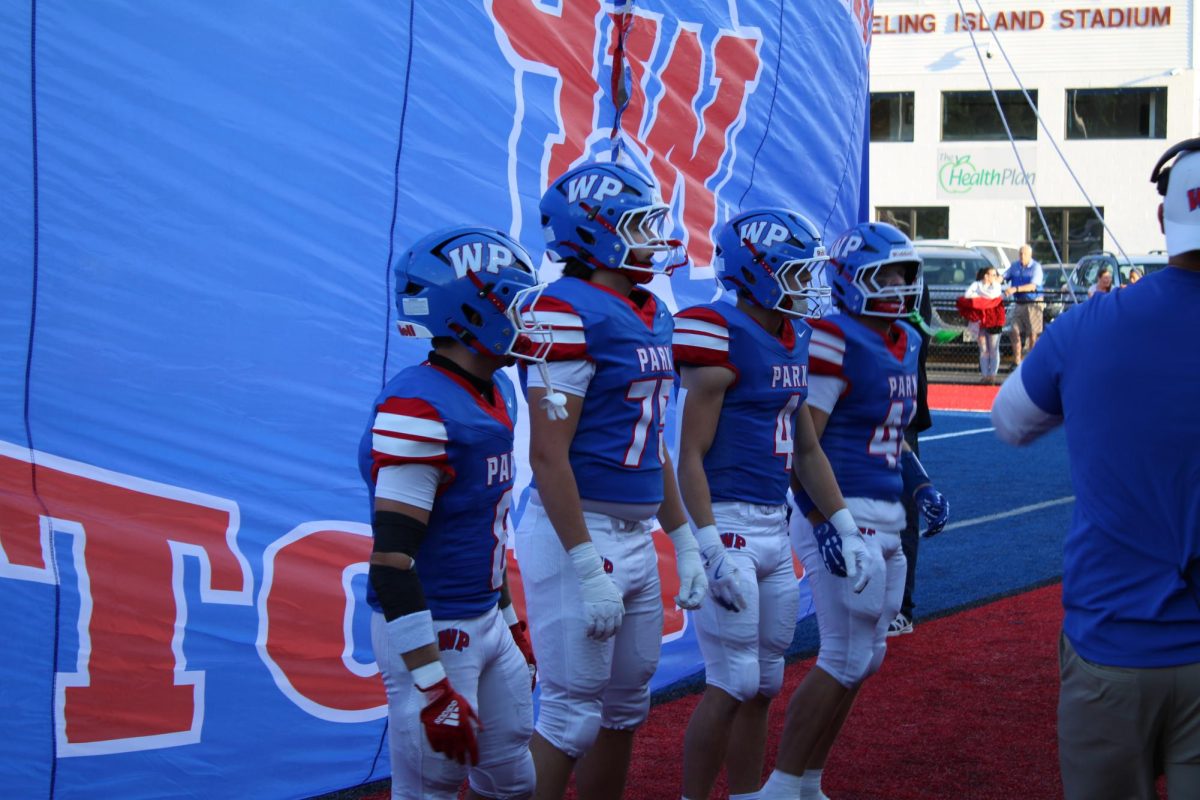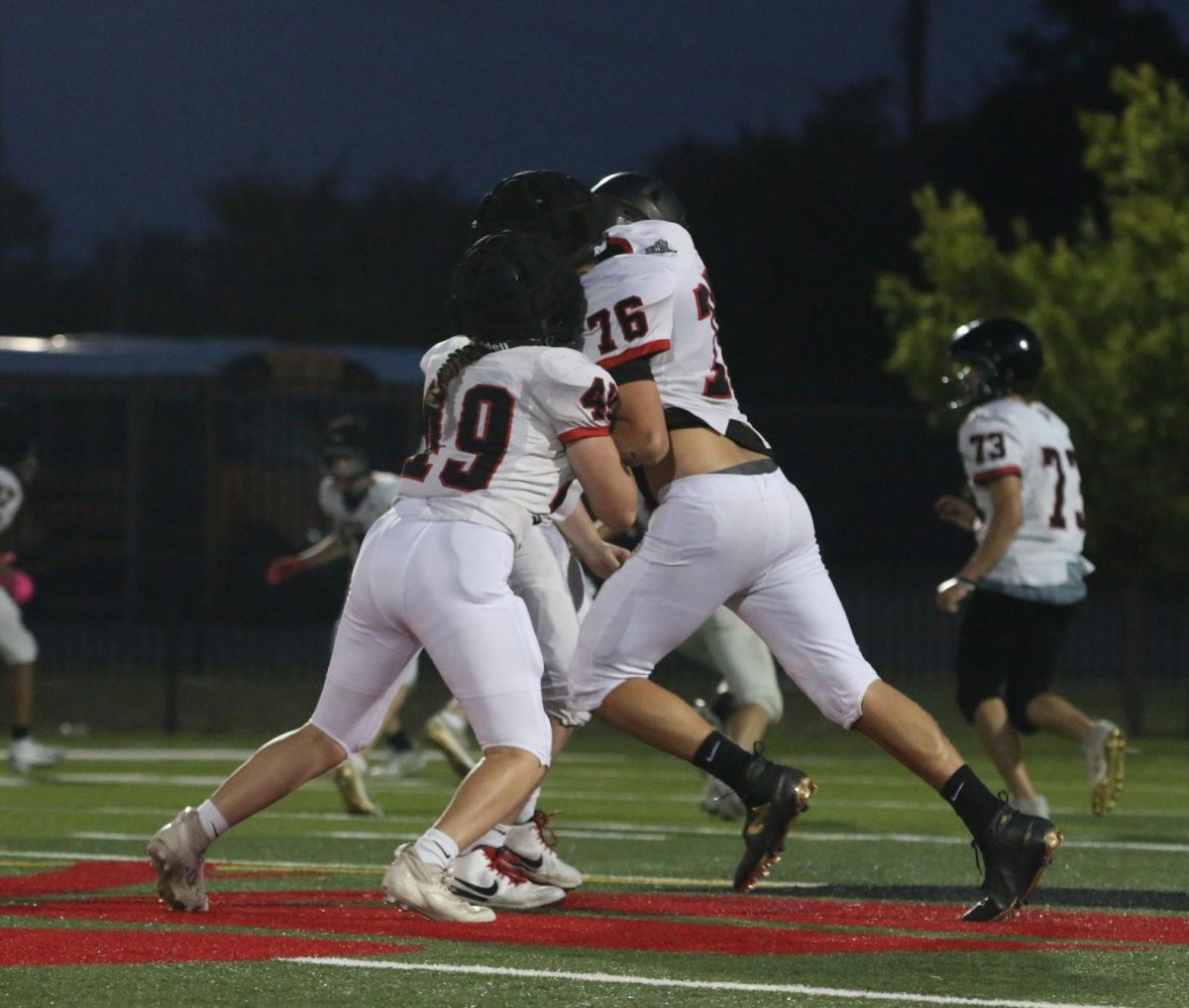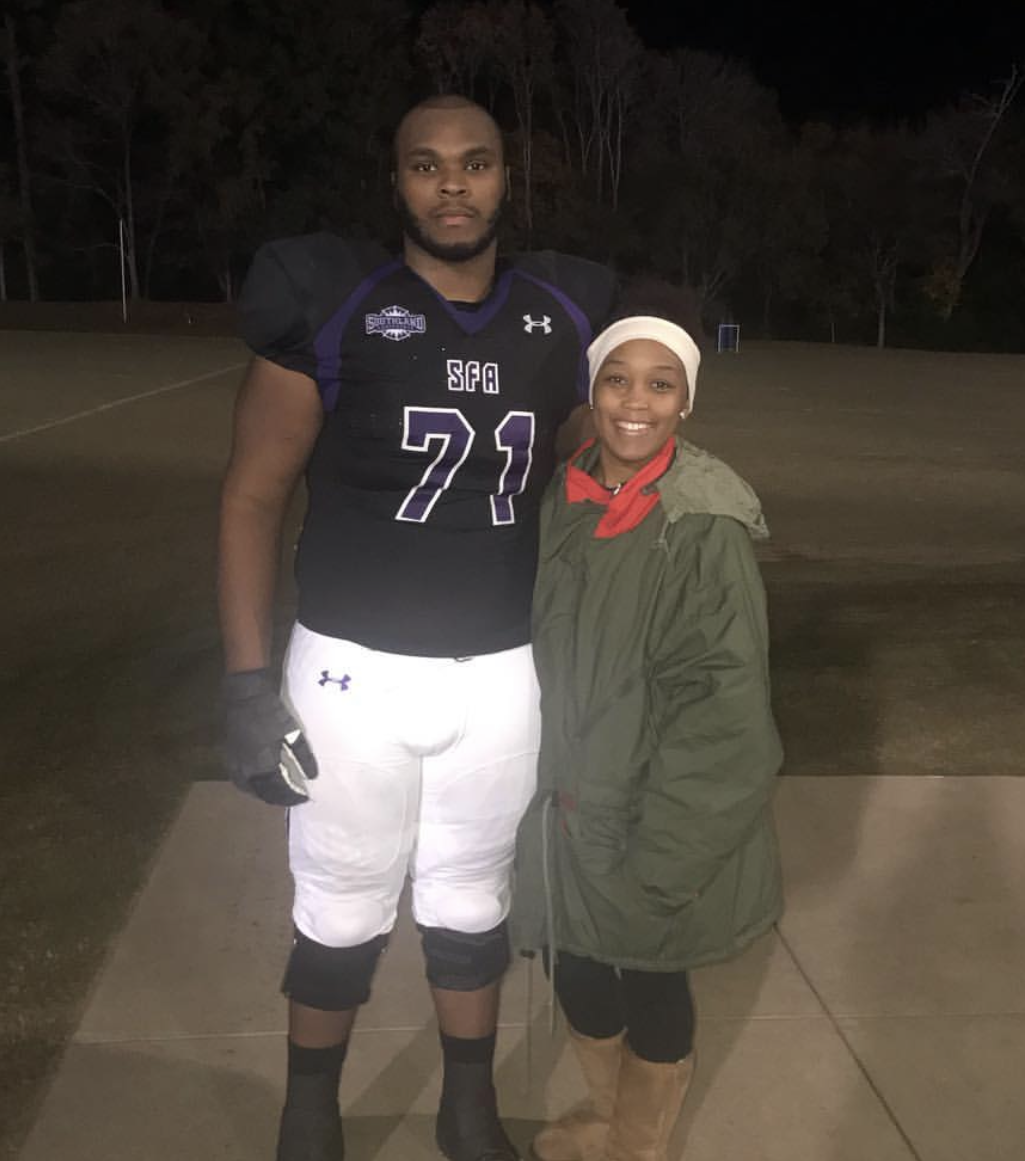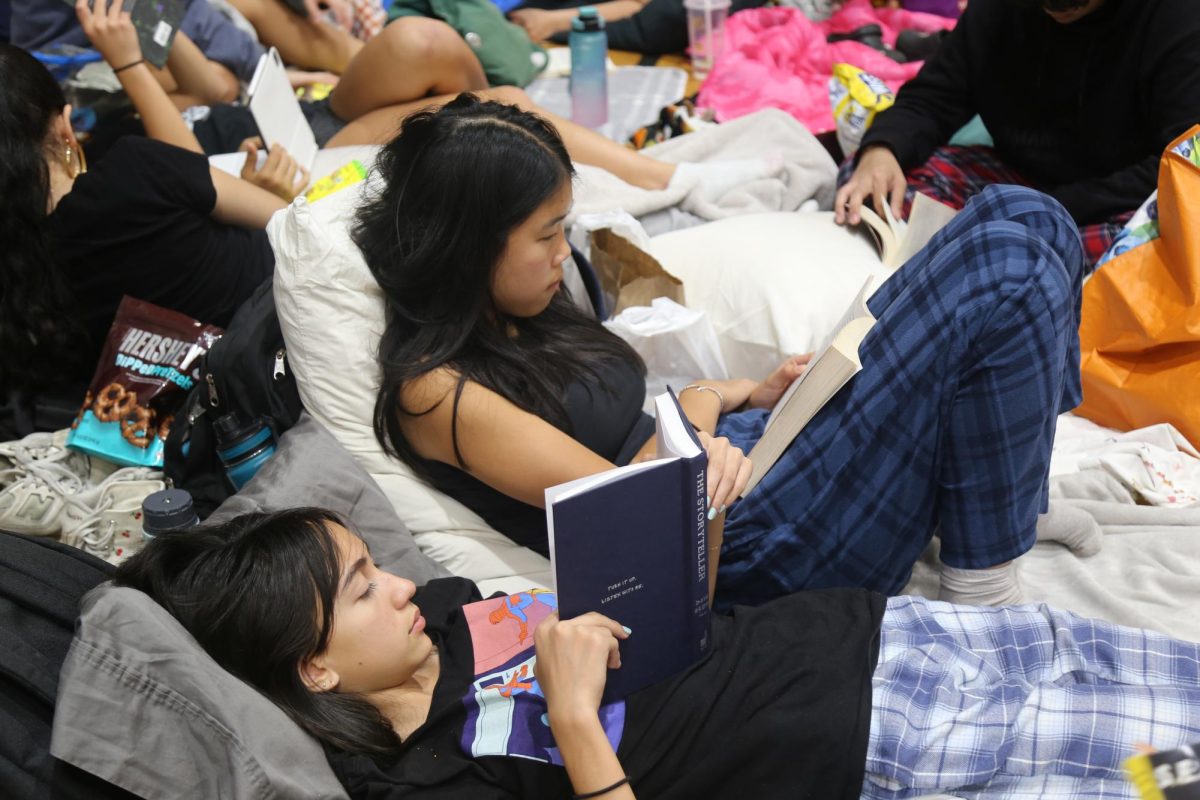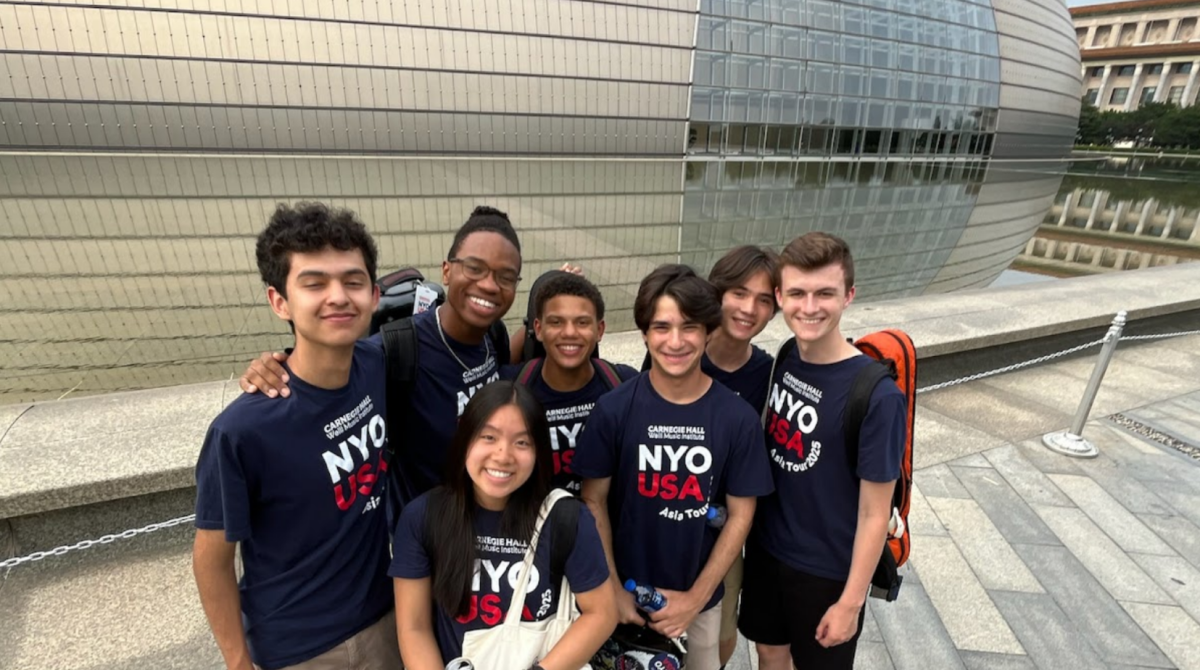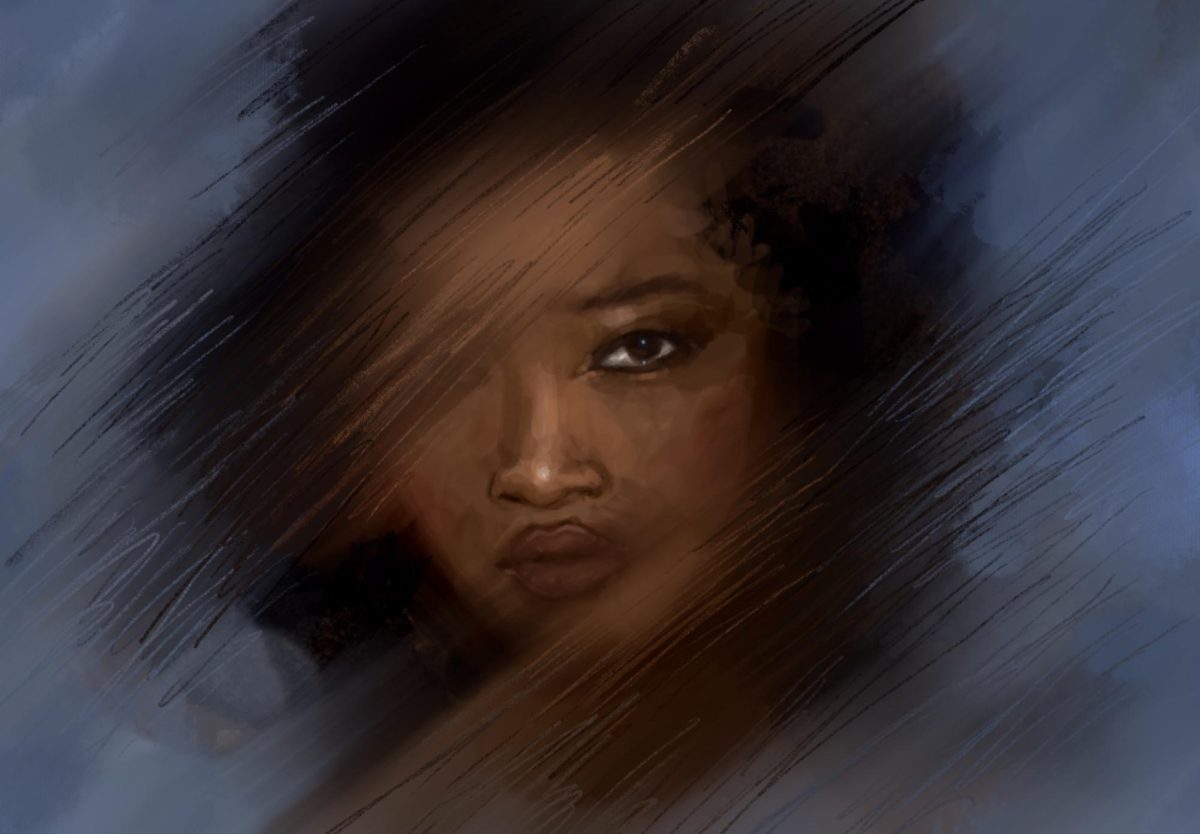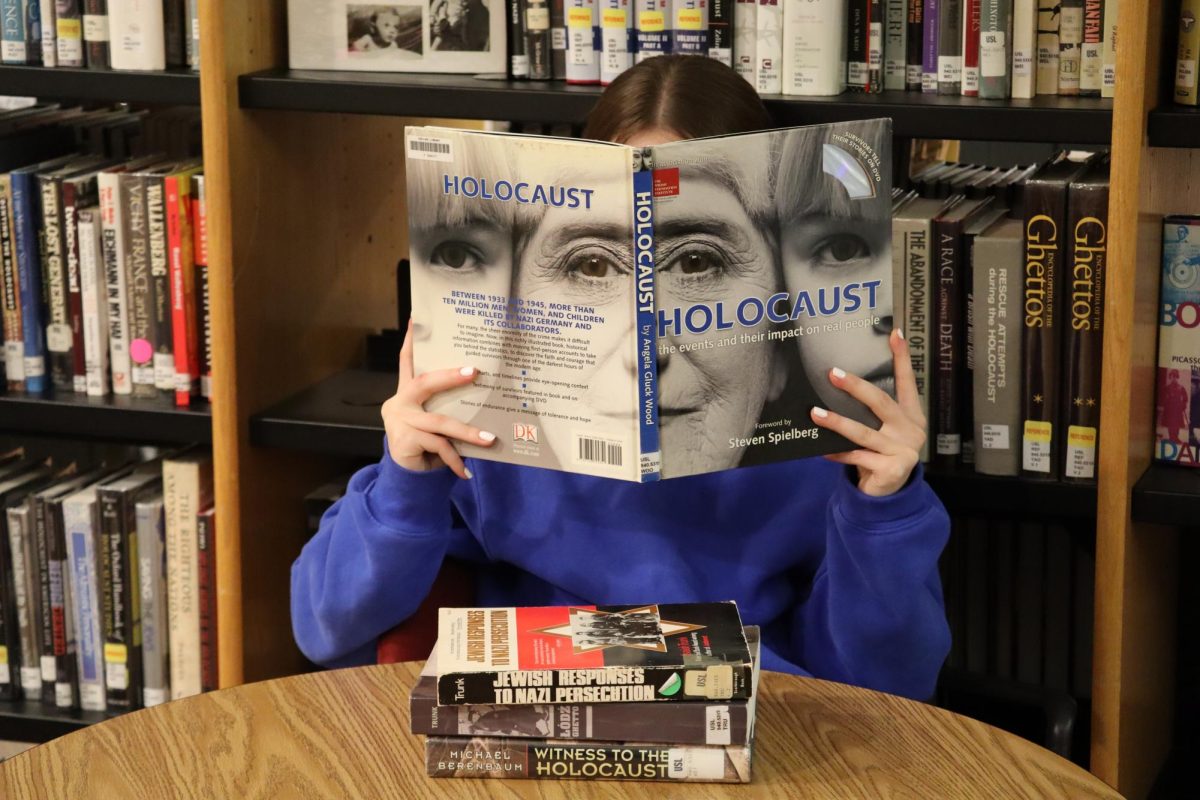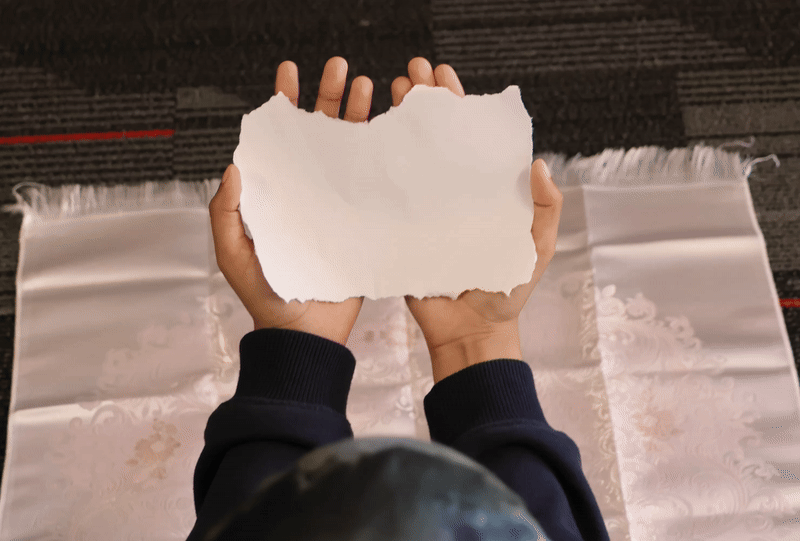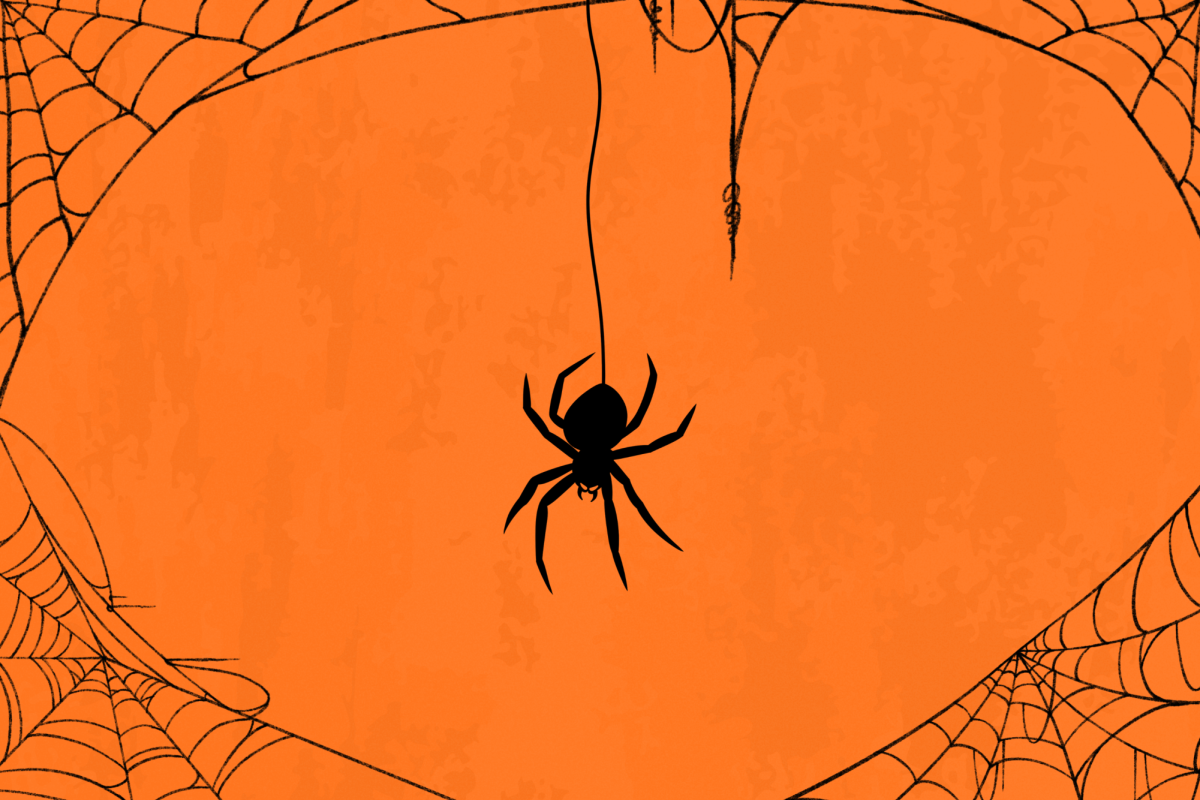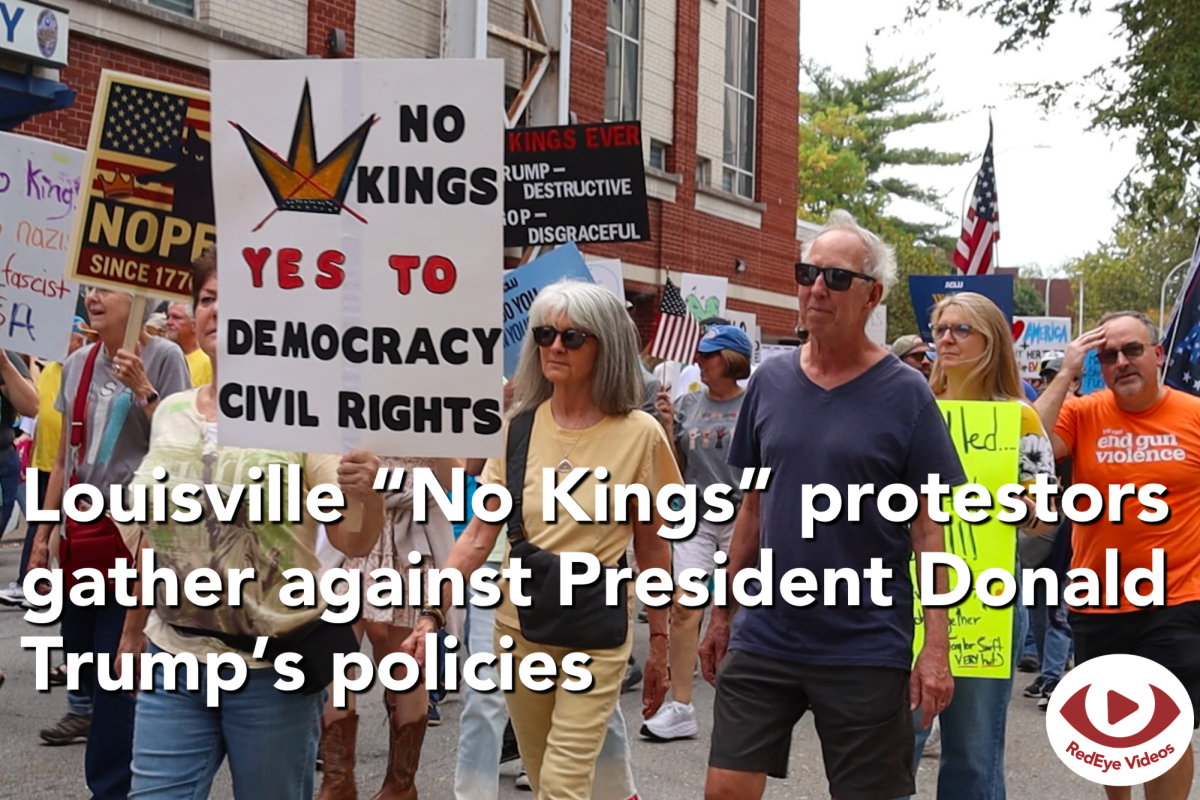Montgomery County prides itself on being one of the most inclusive and educated counties in the nation. Our students lead in academics, political discourse and civic engagement. Yet, in a community that prides itself on knowing better, Jewish hatred is on the rise.
According to Montgomery Councilman Andrew Friedson, in 2023, Jewish residents made up 10% of the Montgomery County population, yet over half of all religious-based hate crimes targeted Jews. At Walt Whitman High School, a “Jews Not Welcome” sign was scrawled across the entrance, and members of the school’s debate team were caught joking about burning Jewish classmates at the stake. Antisemitic graffiti, like swastikas, has been found at four schools across Montgomery County and at public locations, including the Bethesda Trolley Trail.
Many of these stories have a common denominator: they took place in school settings. In fact, the Anti-Defamation League ranked Maryland as the state with the second most antisemitic incidents in public schools. If prejudice is taking root at schools, that’s exactly where change must begin. Education is society’s most powerful tool for shaping values, and Montgomery County Public Schools (MCPS) has not utilized this tool to foster acceptance and protect its Jewish students.
MCPS must standardize Holocaust education across all schools. Not only to learn the details of the historic event itself, but to learn how hatred arises and how to stop it.
“Every single person should have exposure to that important part of history,” Friedson said. “I don’t think you can understand the Jewish community unless you understand the Holocaust.”
The school board, elected by Montgomery County voters, sets curricula based on state requirements from the Maryland Department of Education, according to Friedson. Right now, neither the state nor the school board requires Holocaust education, so local schools can decide independently how – or if – to teach it. This means that while some students might receive a thorough exploration of the Holocaust, others might have barely heard of it.
Montgomery Blair High School junior Dinknesh Friedman explained that students who take multiple history and media literacy classes still encounter major gaps in Holocaust education.
“I’ve heard non-Jews make jokes about the Holocaust without having a grasp on what it is,” Friedman said. “It’s like people know it happened, but not what it really was.”
Friedman said she was shocked about how little it was covered in her freshman year during the World War II unit. After class, Friedman approached her teacher to ask why it was mentioned so briefly, and he told her he wasn’t sure how much he was allowed to discuss since he was unsure how much he was allowed to deviate from the curriculum.
Friedman has also witnessed antisemitism firsthand at Blair, recalling incidents where students “Heiled Hitler” or made Holocaust jokes in the hallway.
“If learning about the Holocaust was a real requirement, I think antisemitism would decrease,” Friedman said. “People don’t know who the Jews really are.”
Some MCPS schools have worked with organizations like the Jewish Communication Relations Council to implement Holocaust education in the local school curriculum. But without a standardized policy, we can’t rely on this initiative.
Antisemitism did not start or end with the Holocaust; it is a pattern that has existed throughout Jewish history. Understanding the Holocaust means understanding the plight of the Jewish people and that seemingly small actions like vandalism or offensive comments can build to tragedies like the Holocaust.
Holocaust education is about understanding what happens when prejudice goes unchecked. A standardized, thoughtfully designed curriculum would ensure that all students learn not only what happened, by why it happened. This means learning how to recognize the warning signs of hatred, and how to fight stereotypes – many of which were perpetuated at these schools.
As Jewish students, many of us have been exposed to the Holocaust our whole lives. Learning about family members who were murdered is a key part of our family histories. Every year, we commemorate Yom HaShoah, Holocaust Remembrance Day. Even on our family vacations, we make sure to visit Holocaust memorials.
Despite all of this exposure, at JDS, we still learn about the Holocaust through a historical lens. According to Jewish History Department Chair Rachel Bergstein, a Holocaust unit is incorporated into the sophomore Modern Jewish History curriculum to contextualize the event and understand it as an important historical tragedy independent from our ancestral connections.
“The most important thing [to understand] is how it can affect your own life, how you have to be engaged in your world to make sure that these things don’t happen again,” Bergstein said.
Standardizing Holocaust education will not singlehandedly end antisemitism. But it will give non-Jewish students the tools to understand it and to reject it. It will make ignorance harder to hide behind. It will ensure that every MCPS graduate, no matter their background, knows that history doesn’t just happen: it’s made by people who act and bystanders who stay silent.
Montgomery County has the knowledge, the resources and the moral responsibility to take action. Standardizing Holocaust education is a necessary step in actualizing the ideals that Montgomery County prides itself on.
This story was originally published on The Lion’s Tale on October 22, 2025.


